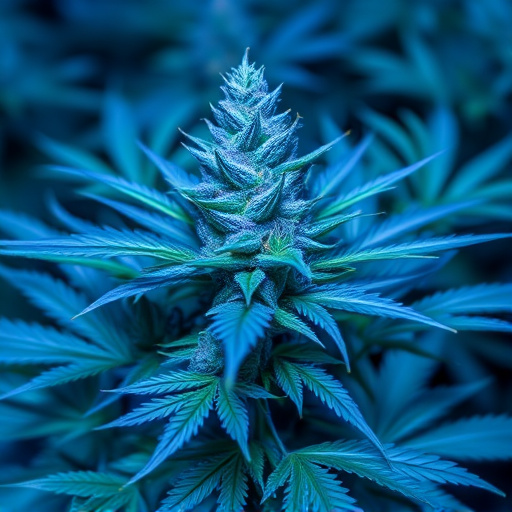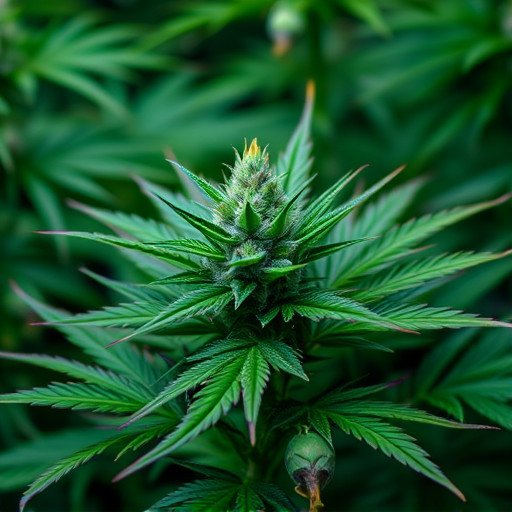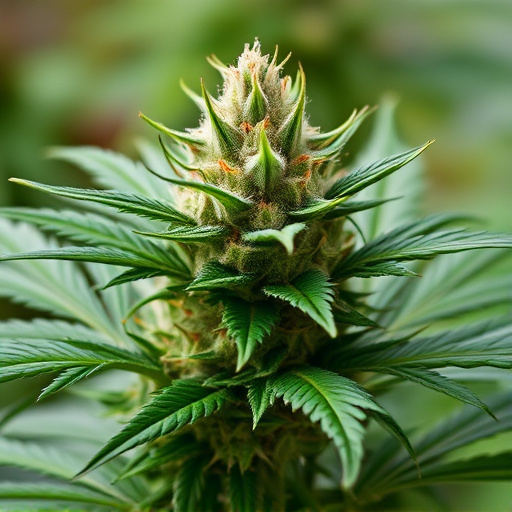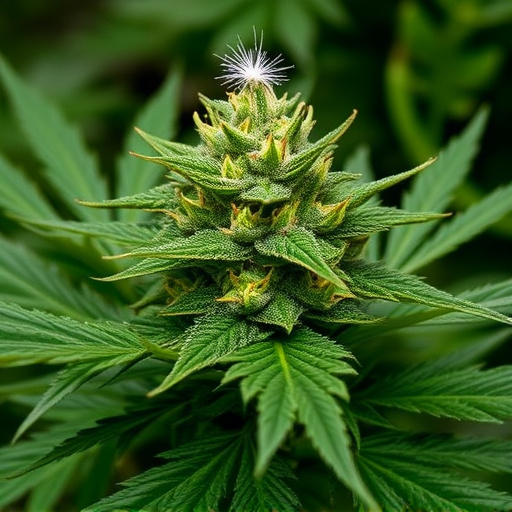Cannabis users experience varied effects due to unique genetic and physiological factors, including their endocannabinoid system (ECS). The concentration of THC in different top 10 strains of cannabis influences reactions, with some individuals showing increased anxiety while others feel heightened relaxation. Genetic predispositions play a role in determining sensitivity, tolerance, and specific responses like paranoia. Personalized medicine approaches rely on understanding these variations to tailor cannabis use for optimal benefits or therapy, considering age, sex, health, and specific strains' effects.
“Unraveling the enigma of why cannabis impacts individuals uniquely is a fascinating journey into the intersection of biology, environment, and personal experience. Cannabis, with its diverse strains, engages our endocannabinoid systems differently due to genetic variations, age, sex, and health. The setting and our expectations play a pivotal role in shaping the ‘high.’ This article explores these factors and presents the top 10 cannabis strains known for their distinctive effects, offering a comprehensive guide for enthusiasts and curious minds alike.”
- Biological Factors: The Science Behind the Variability
- – Genetic makeup and individual endocannabinoid systems
- – How age, sex, and overall health influence cannabis effects
Biological Factors: The Science Behind the Variability
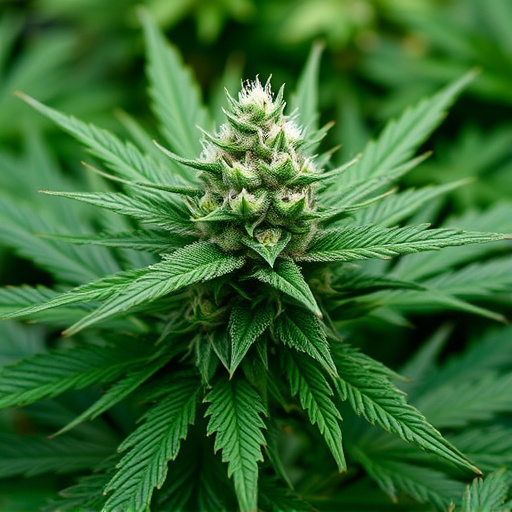
Cannabis, often referred to as weed, is known for its diverse effects on individuals, a phenomenon largely attributed to biological factors. The way cannabis interacts with our bodies is complex and influenced by various genetic and physiological traits. Each person’s endocannabinoid system (ECS), responsible for regulating mood, memory, pain, and appetite, functions uniquely, leading to differing reactions to the plant’s compounds. For instance, the concentration of THC (tetrahydrocannabinol), one of the primary psychoactive ingredients, varies widely among cannabis strains, with top 10 strains known for their distinct potencies. This concentration plays a pivotal role in determining the intensity and nature of an individual’s high.
Moreover, genetic predispositions can make some people more susceptible to specific side effects, such as anxiety or paranoia, while others may experience heightened relaxation and euphoria. The diversity in cannabis strain characteristics, combined with our unique biological makeup, ensures that no two experiences are identical. Understanding these scientific underpinnings is crucial for both consumers looking to maximize the benefits of cannabis and researchers aiming to develop personalized medicine based on an individual’s ECS profile.
– Genetic makeup and individual endocannabinoid systems
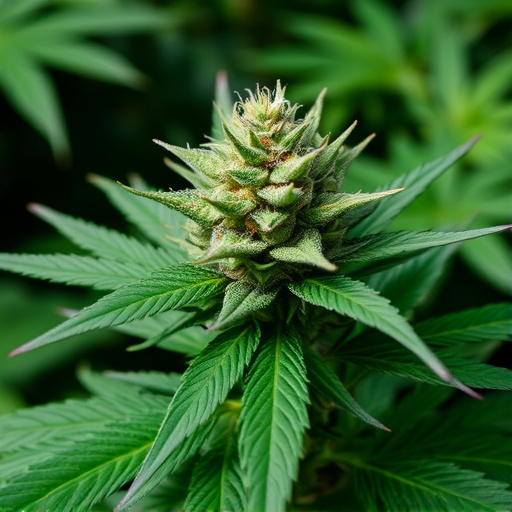
Every person’s experience with cannabis is unique, and a significant factor in this variability is our individual genetic makeup. The human body has an endocannabinoid system (ECS) that plays a crucial role in regulating various physiological processes, including pain sensation, mood, appetite, and memory. This system interacts with the compounds found in cannabis, known as cannabinoids, such as THC and CBD. Genetic variations can influence how sensitive our ECS is to these compounds, leading to different effects when consuming cannabis.
Research has shown that specific genetic markers are associated with varying responses to cannabis. For instance, certain gene variants might make an individual more susceptible to cannabis-induced anxiety or paranoia, while others could have a higher tolerance and experience more profound relaxation. Understanding this genetic component is essential when exploring the top 10 strains of cannabis known for their distinct effects, as different genotypes may interact with specific strains in unique ways.
– How age, sex, and overall health influence cannabis effects

The effects of cannabis can vary greatly from person to person, and several factors influence this variability. Age plays a significant role; younger individuals may experience more intense psychological effects, while older users might find relief in their symptoms with minimal cognitive impact. Sex also contributes to these differences, as women tend to metabolize cannabis differently due to hormonal variations, potentially leading to more pronounced side effects or a stronger sense of relaxation.
Overall health is another critical determinant. People with pre-existing medical conditions may react uniquely to cannabis. For instance, individuals suffering from anxiety or PTSD might find that certain strains, when chosen carefully (referring to the top 10 strains of cannabis known for their specific properties), can alleviate symptoms, while those with cardiovascular issues should exercise caution as cannabis can temporarily increase heart rate and blood pressure.
Cannabis’ impact on individuals varies greatly, influenced by intricate biological factors. Each person’s unique genetic makeup and endocannabinoid system play a pivotal role in determining how they respond to different strains of cannabis, from the top 10 strains popular in today’s market. Age, sex, and overall health also contribute to these variations, underscoring the importance of personalized approaches when exploring the effects of cannabis. Understanding these factors is crucial for navigating the diverse experiences and ensuring a safe, enjoyable journey through the world of cannabis.





